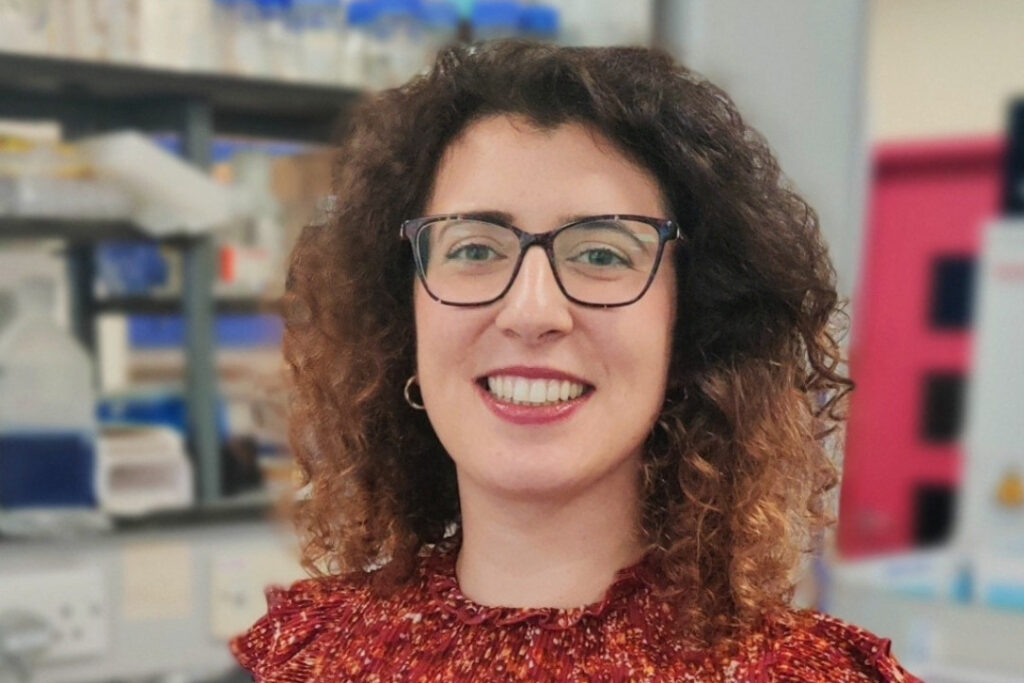King’s College London

Dr Elisa Martelletti is currently a Research Fellow at King’s College London. Her research focuses on unravelling how the immune system and the cochlea (the hearing part of the inner ear) interact in age-related hearing loss.
She aims to discover how these systems play a role in maintaining the structure and function of the cochlea and their role in triggering hearing loss.
More about Elisa’s work
Elisa obtained her PhD from King’s College London under the supervision of Professor Karen Steel. Since then, she has worked on various projects investigating the underlying processes and mechanisms involved in age-related hearing loss. Throughout her academic career, Elisa has conducted extensive research to characterise the roles of certain genes, and changes to those genes, in hearing loss.
In one ground-breaking study, Elisa, working with her mentor, Professor Steel, was able to show that certain types of hearing loss can be reversed, opening up new approaches to developing treatments for hearing loss. In her fellowship project, Elisa will investigate whether the cochlear immune response speeds up or slows down the progression of hearing loss in the hope of discovering potential treatments that can reverse, halt, or delay hearing loss.
How the immune system interacts with hearing in the inner ear
Read about Elisa’s research projectElisa’s approaches to hearing research
One of the most thrilling breakthroughs in hearing research over the past decade has undoubtedly been the successful development and testing of otoferlin gene therapy (a treatment to restore hearing to children with hearing loss caused by changes in a gene called ‘OTOF’).
I had the privilege of attending the Association for Research in Otolaryngology meeting in February 2024, where the researchers presented ground-breaking results from their initial clinical trials in children.
I am motivated by seeing the impact of hearing loss, having seen my grandma struggle with age-related hearing loss. This drives my determination to make a positive impact and advance hearing research.
There is a gap in current knowledge on the role of the immune system in the cochlea and I want to understand how the immune response is involved in the development of hearing loss. I hope to eventually use this knowledge to find potential treatments that can reverse, stop, or delay hearing loss.
RNID funding has provided me with the critical first step towards achieving research independence in the field of hearing research. I am deeply thankful for this opportunity and for the invaluable support provided by RNID and the Dunhill Medical Trust.
Having received funding from RNID for my PhD project and another project during my postdoc, I am sincerely grateful for its involvement since the beginning of my academic journey in hearing research.